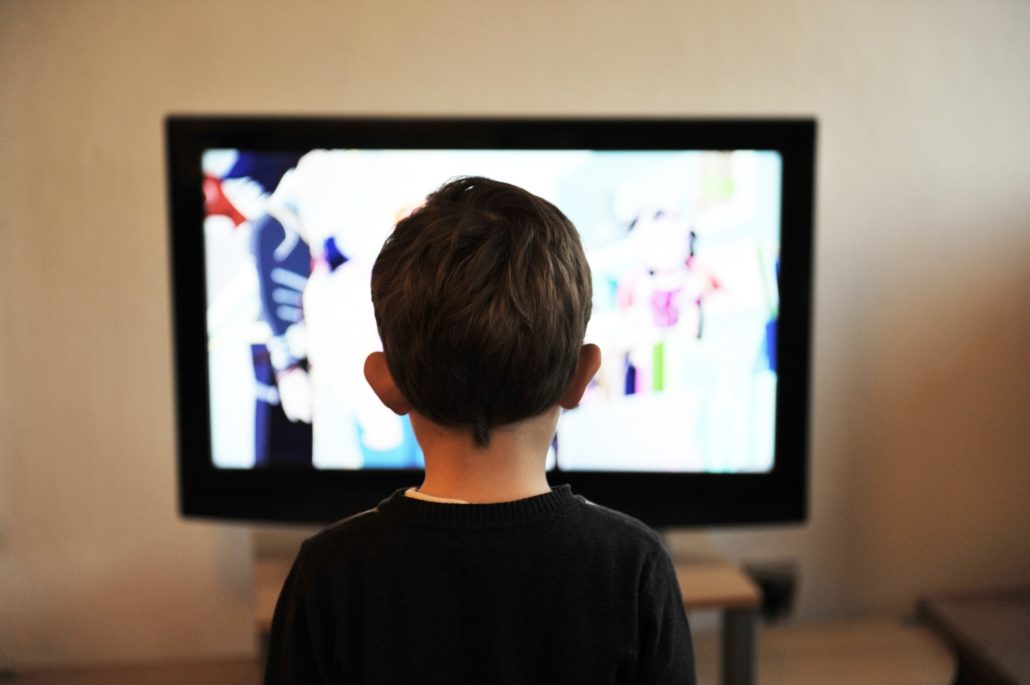Subtitling for on-demand video will soon be a legal requirement
Imagine looking forward to the newest hyped-up TV series and finding out that you won’t be able to enjoy it because it doesn’t offer subtitling.
We like binge watching the latest TV shows just as much as the next person, but without subtitles, we aren’t privy to such indulgences. For example, Channel 4, one of the main TV channels in the UK, offers subtitles for their popular TV show ‘Four Rooms’ during its initial broadcast.
However, there is no such option for their on-demand content.
When you query this injustice, the following message is displayed:
We will be looking to introduce further accessibility features to All4 as soon as possible, including subtitles and audio described content.
Sounds promising, right? Wrong. This same message has been promising better accessibility for years.
With the massive advancement of technology, are you telling me that the effort of adding subtitles to on-demand video is that complex?
Luckily I wasn’t the only one to think so. Let’s get into what’s changed in the world of subtitles and what improvements we can realistically expect.
The importance of UK subtitling
Subtitles are exceptionally useful to deaf and hard of hearing people. Even those of us that lip read for a career often struggle to follow along with rapid-fire television dialogue, especially when there are several conversations taking place at once.
Subtitles help us understand the plot of a movie or TV show, gives us the opportunity to enjoy cartoons with our kids and in some cases benefit our neighbours because now the volume isn’t turned up to the max.
The campaign to promote digital inclusion for people with hearing loss
Years ago, subtitles were almost non-existent, with barely 5% of programmes having subtitles. Today, subtitles are more readily available, but the fight continues for hard of hearing people to be awarded the same accessibility as their hearing counterparts.
Until recently there have still been no legal requirements to provide subtitles for catch-up or video-on-demand services. 76% of on-demand programming is inaccessible to the UK’s 11 million people with hearing loss. Even when a programme had subtitles, they were only available during its original broadcast.
In June 2015 the charity Action On Hearing Loss (AOHL) launched a campaign called Subtitle it! The campaign called on the Government to improve the accessibility of subtitles so hard of hearing people could also enjoy video-on-demand (VOD) services.
On-demand content refers to TV programmes, series or movies you can access when you want. This includes catch-up TV, but not programmes recorded from live TV.
Subtitles are becoming mandatory for on-demand content
Finally, almost two years after the AOHL campaign was launched, the UK Government has decided to make content-on-demand subtitling a legal requirement.
Clause 93 of the 2017 Digital Economy Act states that Ofcom (communications regulator for UK TV, radio and video-on-demand services) must consult those affected by the regulations to ensure services are accessible. The requirement they recommend includes programmes to be:
• Accompanied by subtitling for deaf and hard of hearing people;
• Accompanied by audio-description for people who are blind;
• Presented in, or translated into sign language.
We are looking forward to working with broadcasters and Ofcom to ensure that the new code of practice for VOD services meets the needs of people with hearing loss so they can enjoy catch-up TV just like their hearing peers,
said Dr Roger Wicks, Action on Hearing Loss Director of Policy and Campaigns.
Next steps to improving on-demand subtitling for people with hearing loss
The qualifying amount of subtitles will be determined by Ofcom via consultations, which is expected to be launched before the summer (2017), although elections might affect the timeline.
After their consultations, Ofcom will report back to government and make recommendations on the details of the code. The government will then draft the necessary regulations, upon which Parliament will ask MPs and Peers to signal their consent of the government’s proposals.
If consent is given and the regulations are passed, the broadcasting industry will likely be given a period of notice to implement this new law and satisfy the required quotas of subtitled content.
How long this process will take is not clear, but it is a huge victory toward improved accessibility for deaf and hard of hearing people in the UK.
Even though it has taken many years and the active dedication of AOHL to get to this point, I believe it is another step toward uniting the deaf community and helping hearing people to be more aware of our communication needs.
121Captions offers offline captioning services for those truly serious about providing quality and value to their audience. If you have a YouTube channel or a marketing video you want deaf and hard of hearing people also to enjoy, then contact us, and we will ensure accessibility for viewers with a hearing loss.





Leave a Reply
Want to join the discussion?Feel free to contribute!